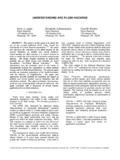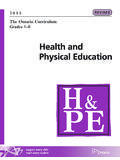Transcription of https://www.therapistaid.com/worksheets/protective …
1 Protective Factors 2017 Therapist Aid LLC 1 Provided by Protective factors are things that contribute to mental health, and allow a person to be resilient in the face of challenges. Someone with a lot of protective factors such as strong relationships and healthy coping skills will be better equipped to overcome life s obstacles. Many protective factors are out of your control. For example, genetics, the neighborhood where you grew up, and family cannot be changed. However, plenty of factors can be controlled. You choose the people in your life, how to cope with problems, and how you ll spend each day. By focusing on what you can control, and building upon those protective factors, you will improve your ability to cope with many of life s challenges. My Protective Factors Instructions: Review each of the following protective factors, and mark the scales to indicate how well you are performing in each area.
2 Social Support ability to talk about problems people to ask for practical help ( a ride if car breaks down) feelings of love, intimacy, or friendship Coping Skills ability to manage uncomfortable emotions in a healthy way awareness of one s own emotions, and recognition of how they influence behavior Physical Health adequate exercise or physical activity a balanced and healthy diet medical compliance ( taking medications as prescribed) Sense of Purpose meaningful involvement in work, education, or other roles ( parenting) understanding of personal values, and living in accordance with those values Self-Esteem belief that one s self has value acceptance of personal flaws, weaknesses, and mistakes belief in ability to overcome challenges Healthy Thinking does not ruminate on mistakes, personal flaws, or problems ability to consider personal strengths and weaknesses rationally Protective Factors 2017 Therapist Aid LLC 2 Provided by Instructions: Refer to the protective factors on the previous page to answer the following questions.
3 Which protective factor has been the most valuable to you during difficult times? Specifically, how have you used this protective factor to your advantage in the past? What are two protective factors that you would like to improve? 1 2 Describe how things might be different if you were able to improve these protective factors. 1 2 List specific steps or actions that might help to make these goals a reality. 1 2
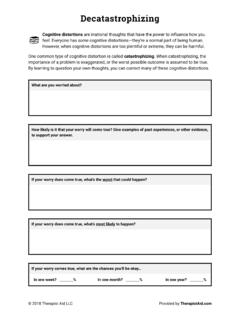
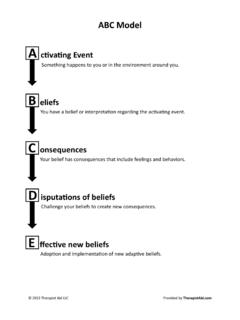
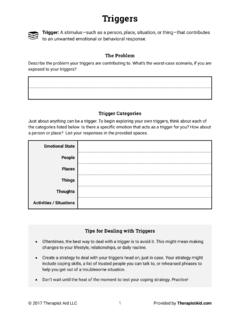
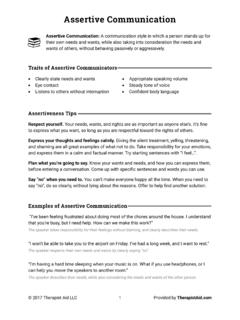
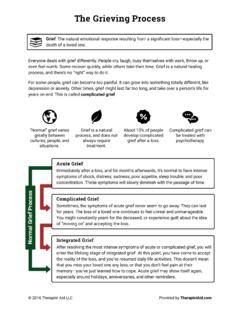
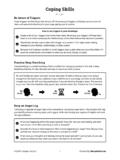
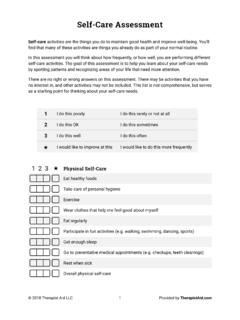
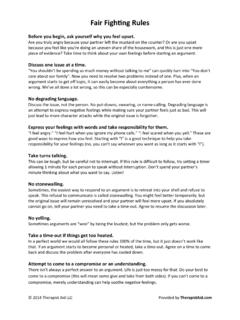
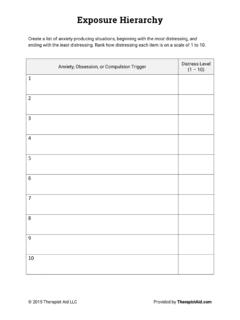

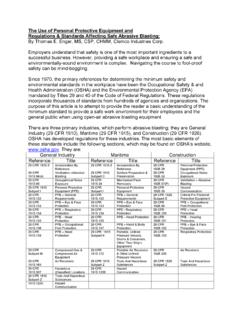

![PROTECTIVE SERVICES [NP-5] BARGAINING UNIT …](/cache/preview/6/c/f/6/f/1/1/4/thumb-6cf6f1149d89c2f122cf7097d1d511b9.jpg)
